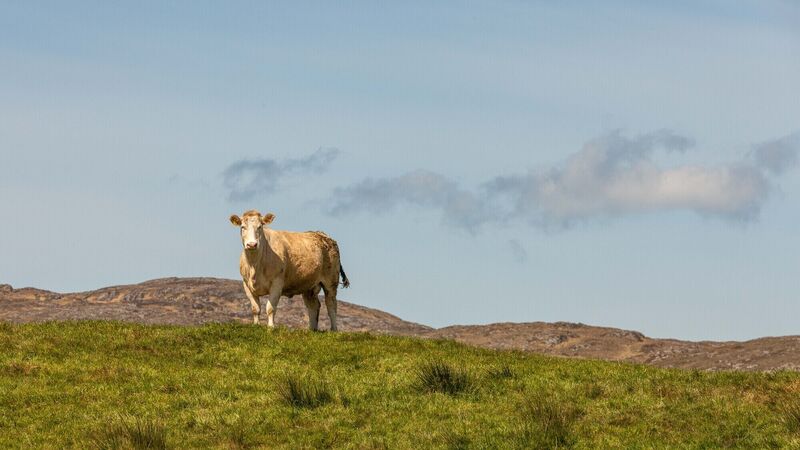Agri-food voices must be heard in public consultations

The Climate Action Bill is key to helping Ireland realise its national climate goals. Picture: David Creedon, Anzenberger.
Agri-food stakeholders have been advised to make their voices heard in public consultations which could have a significant bearing on the future of their industry.
Lawyers at the Mason Hayes & Curran business law firm said it is crucial that sectors like the food, agriculture and fishing industries are not only aware of national Climate Action Plan targets, but also actively contribute to the climate conversation, so the needs of industry are considered, and any barriers to and costs of compliance with Plan targets are minimised.










